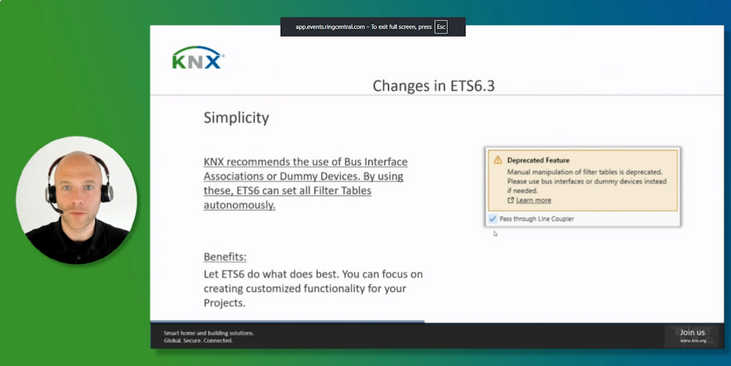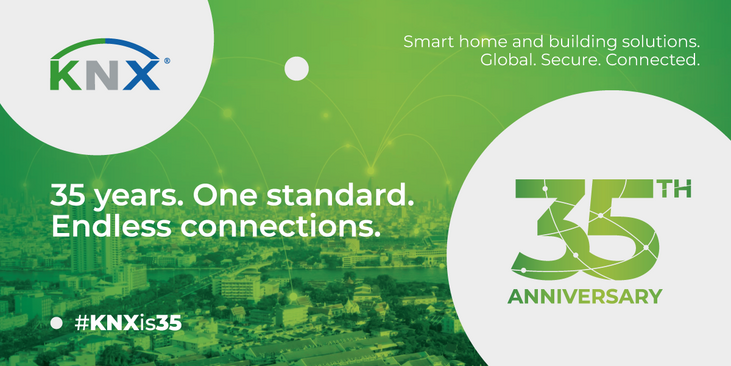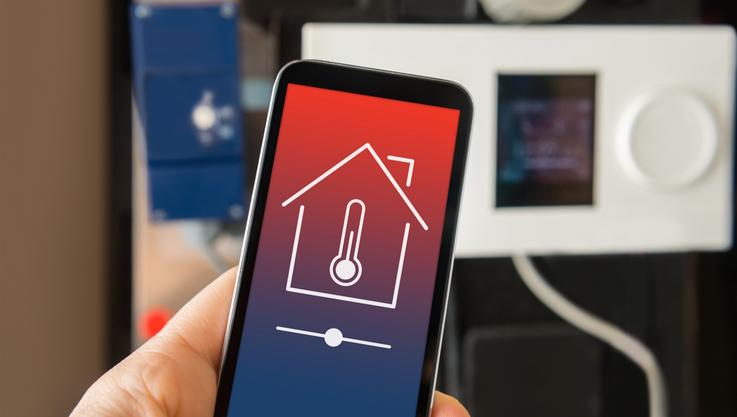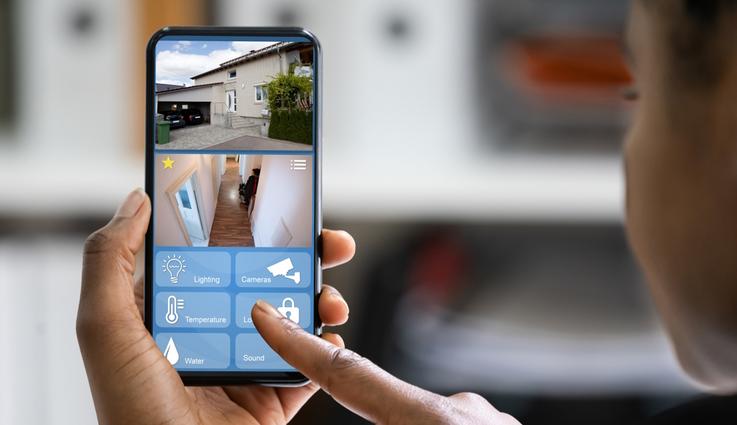07. Jun 2023
How can you save money when investing in a smart home?

While the initial investment in smart home technology may seem expensive, the long-term benefits outweigh the cost. In fact, investing in a smart home can help you save money on energy bills, home insurance, and even water waste. In this blog post, we'll explore three ways you can save money when investing in a smart home, and how these devices can help you optimize your energy usage, improve security and conserve resources. So, whether you're looking to reduce your carbon footprint or simply cut down on your monthly expenses, smart solutions are the answer.
Save energy, boost your savings
Smart homes are designed to optimize energy usage as it is this convenience that homeowners are desperately looking for.
By investing in smart home devices such as smart thermostats, lighting systems, smart plugs, and other appliances, you can significantly reduce your energy bills.
These devices can be programmed to turn off when not in use and adjust settings based on your presence or absence from the home, leading to energy savings.
Add some energy monitoring and a little automation to the mix and you’ll build your family an economical fortress. By keeping track of your energy consumption, based on the data of smart meters, you’ll be able to define which electrical appliances require the most power. In turn, you can ask yourself “Do I need this device to always be turned on?”. Is the answer no? Opt for a personalized, automated schedule based on your daily habits and fixed routines.
Home security is worth investing
Smart home security systems are known for their high-sensitivity and subtle installation, especially if they consist of several appliances.
Cameras, sirens, infrared monitors, motion or presence sensors connected to your lighting systems and even shattering glass detection, these are all optional features to ensure your family’s safety and limit property damages.
Burglary and vandalism are all too common, certainly when the technology to prevent these situations is available and affordable.
Leave your home in good conscience thanks to technology that’s remotely controllable. A few examples of security devices that are perfectly compatible with a KNX system:
- Interra KNX Sensor Series - This product range varies from presence sensors to water flood detection.
- KNX all-in-one sensor - A multi sensor detecting movement, presence, temperature, CO², brightness, humidity and acoustics.
Important to note: think before you purchase. Best practice is to address a KNX automation professional for an initial inspection. Tell the expert about your wishes and expectations, that way he or she can calculate what devices your security system requires, how many units are needed and where to place them for an optimal coverage.
Get a grip on your water waste
One person in Europe uses on average 144 liters of water per day. Showering, flushing, cooking, heating… These mundane actions quickly add up in water consumption. The same rule of thumb for energy efficient living is relevant here: map your water usage so that you can track which activities can be economized. Overall we see that the bathroom and the kitchen have the highest water consumption. A few tips to easily implement and quickly save up on water and money:
- Install a smart shower head. It often has a built-in meter so you can track your usage live. Some shower heads are even powered by hydroelectricity!
- Replace your average basin tap with a smart water tap. This device allows you to extract boiling water by simply opening up the tap. By skipping the boiling process you have saved a fair amount of energy.
- Consider smart toilets. An older toilet easily wastes 3.5 gallons of water per flush. Given that a person on average flushes 5 times a day, the total amount piles up to nearly 20 gallons per day. With a smart toilet you can reduce that to 1 - 2 gallons.
Do you use sprinklers to keep your garden green and lean? In that case, a smart irrigation system is a must. This smart application calculates the water doses needed based on the temperature, air humidity and drought conditions rather than just spraying every day at a given hour.
A smart home, an investment that pays off
Yes, there’s no denying, a smart home installation requires a fair investment of homeowners. The same can be said for designing a new kitchen or purchasing a new car. With home automation, however, you can indirectly recover some of your invested budget by saving energy and anticipating accidents.
Moreover, investing in smart technologies can help you earn money and upgrade the value of your property. Curious? Learn more in our article on increasing your property value with smart home technology.
Highlights
-
 Press
PressETS6 Roadshow 2025 marks global success, showcases power of ETS6.3
ETS6 takes center stage during the month of May with 24 roadshow stops all over the world. -
 News
NewsThe KNX Journal 2025 is now available
The latest edition of our annual smart home and building solutions magazine has arrived. The KNX Journal 2025 offers ... -
 KNXtoday
KNXtoday#KNXis35: KNX history and evolution
KNX is 35. This worldwide building control standard, initiated by a handful of visionary European manufacturers, now has ...



